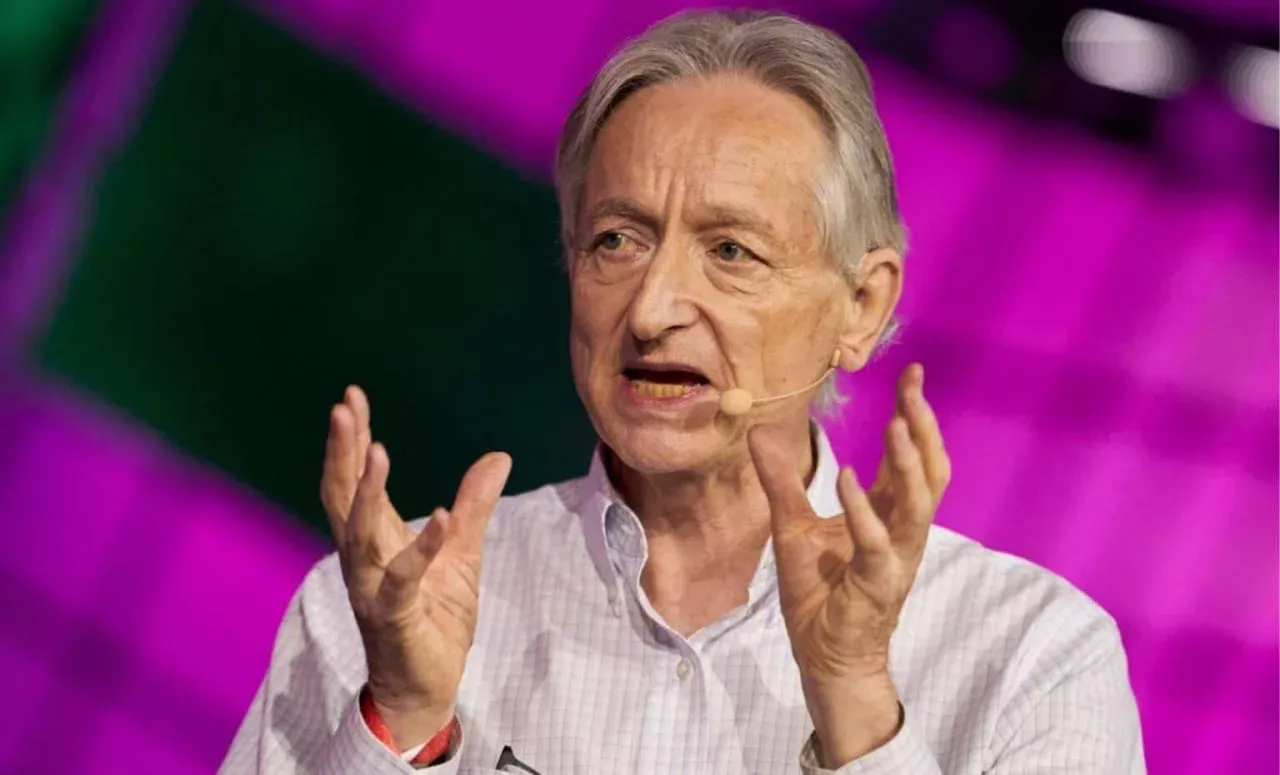Jeffri Hinton warned about the danger of artificial intelligence

One of the leading scientists in the field of artificial intelligence, known as the "father of AI," Jeffri Hinton warned humanity about a serious danger. This was reported by Zamin.uz.
According to him, artificial intelligence technologies will fundamentally change the labor market in the coming years, and most of these changes may not be positive. Hinton emphasized that this technological revolution will enrich some people, but the living standards of the majority will decline.
He stated that the nature of the capitalist system is the reason for this. According to the scientist, there is a high likelihood of increased unemployment due to widespread use of artificial intelligence by large corporations.
In particular, office workers, accountants, administrative and analytical personnel are at the greatest risk, as the level of automation in these fields will be high. Technology developers try to convince that "if AI eliminates jobs, it will also create new ones," but Hinton views this idea with skepticism.
According to recent reports by the International Labour Organization, office positions are the most vulnerable to the impact of artificial intelligence. By 2040, approximately 25 percent of jobs in the United States may disappear.
Additionally, Hinton does not support the idea of universal basic income. According to him, this solution may partially alleviate the economic consequences of unemployment, but it cannot restore human dignity.
People work not only for money but also to feel useful and needed. If this feeling disappears, society will weaken mentally.
Jeffri Hinton also emphasized that within the next 5-20 years, a "superintelligence" superior to human capabilities may emerge. This event will be a new turning point in human history, potentially leading to beneficial progress or catastrophic consequences.
According to him, the most important task now is to keep the development of artificial intelligence under control and manage its social impact. "AI can bring great benefits to humanity, but if we cannot control it, it may control us," he said.
Currently, the global community does not have a unified approach to managing artificial intelligence. Nevertheless, Hinton's warning once again demonstrated that the limitless development of artificial intelligence is not only a technological but also a moral risk.

